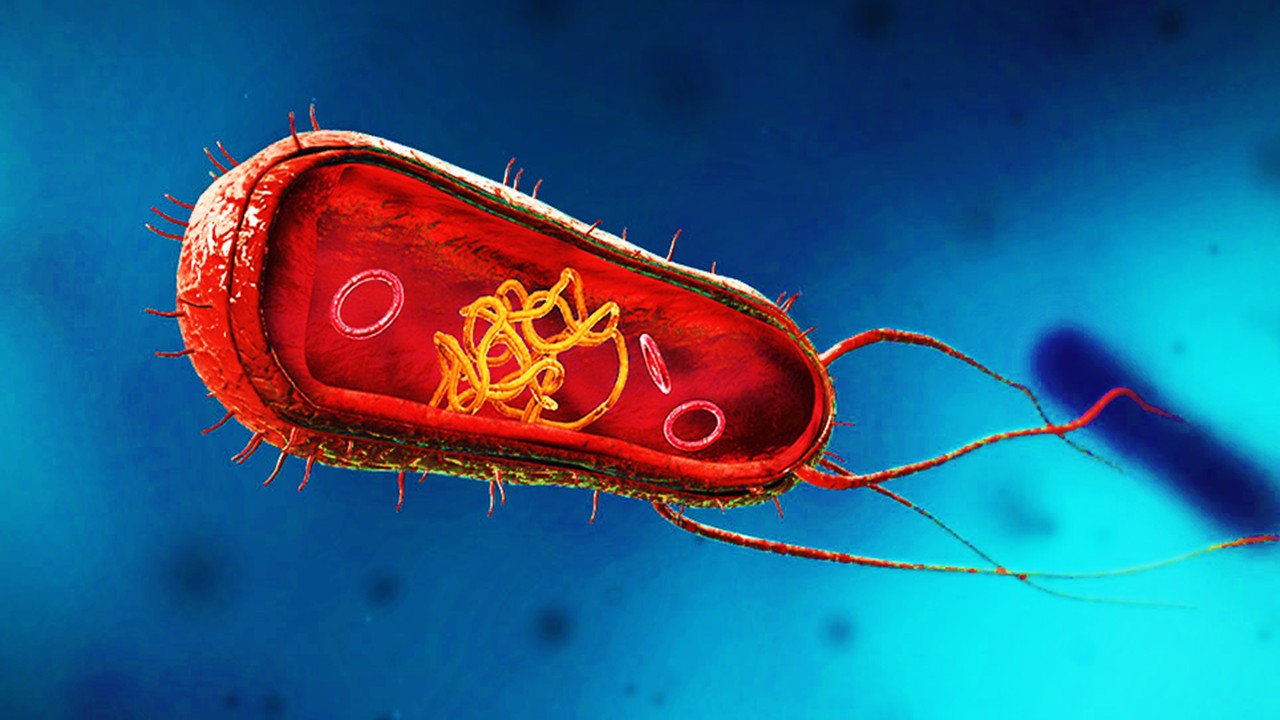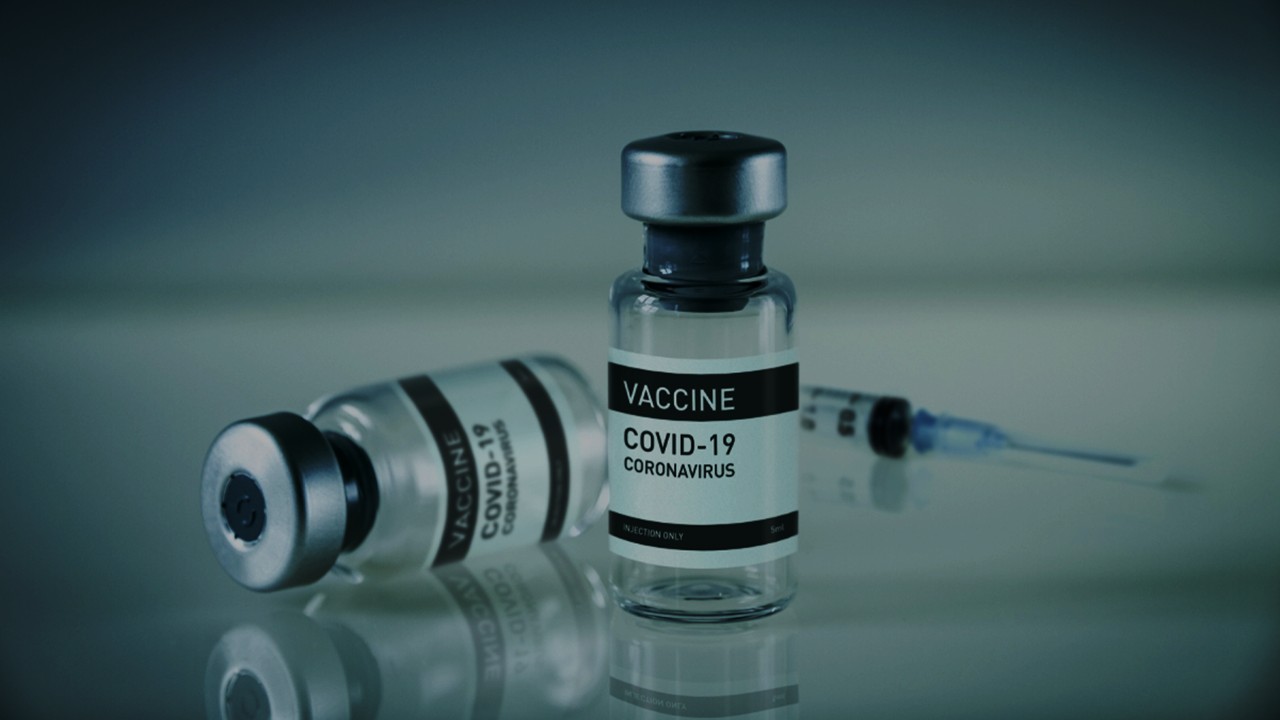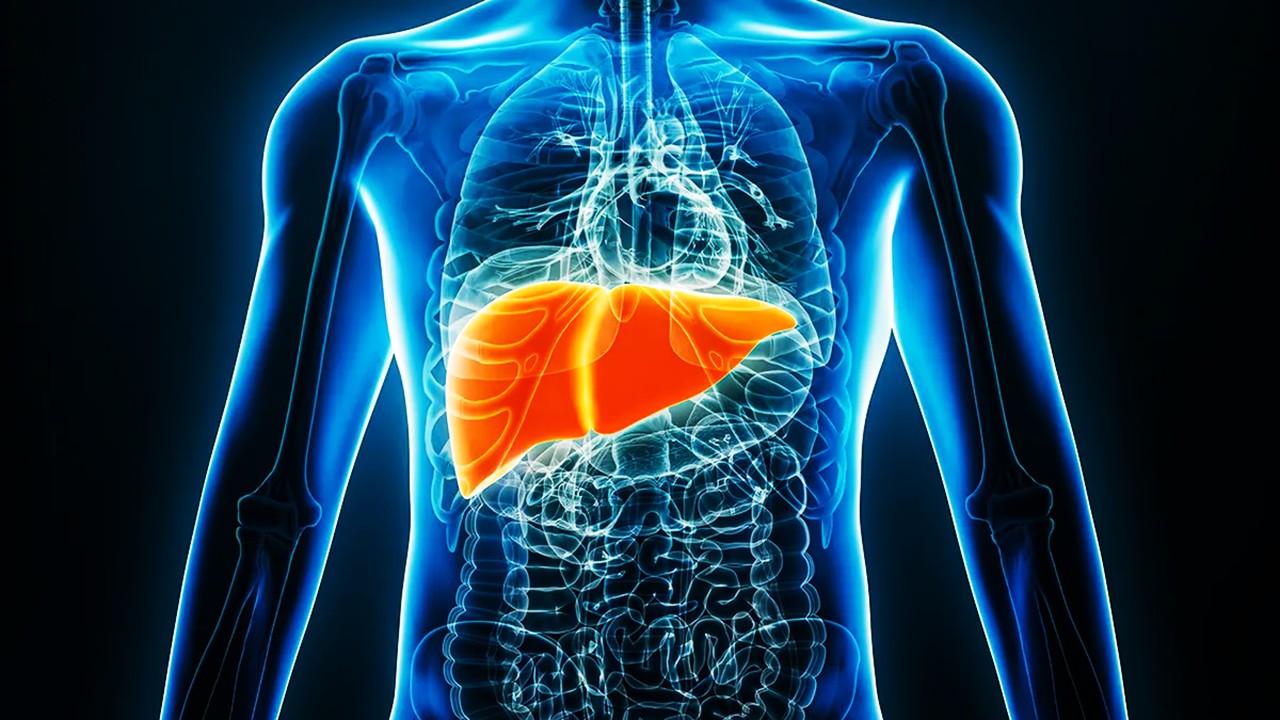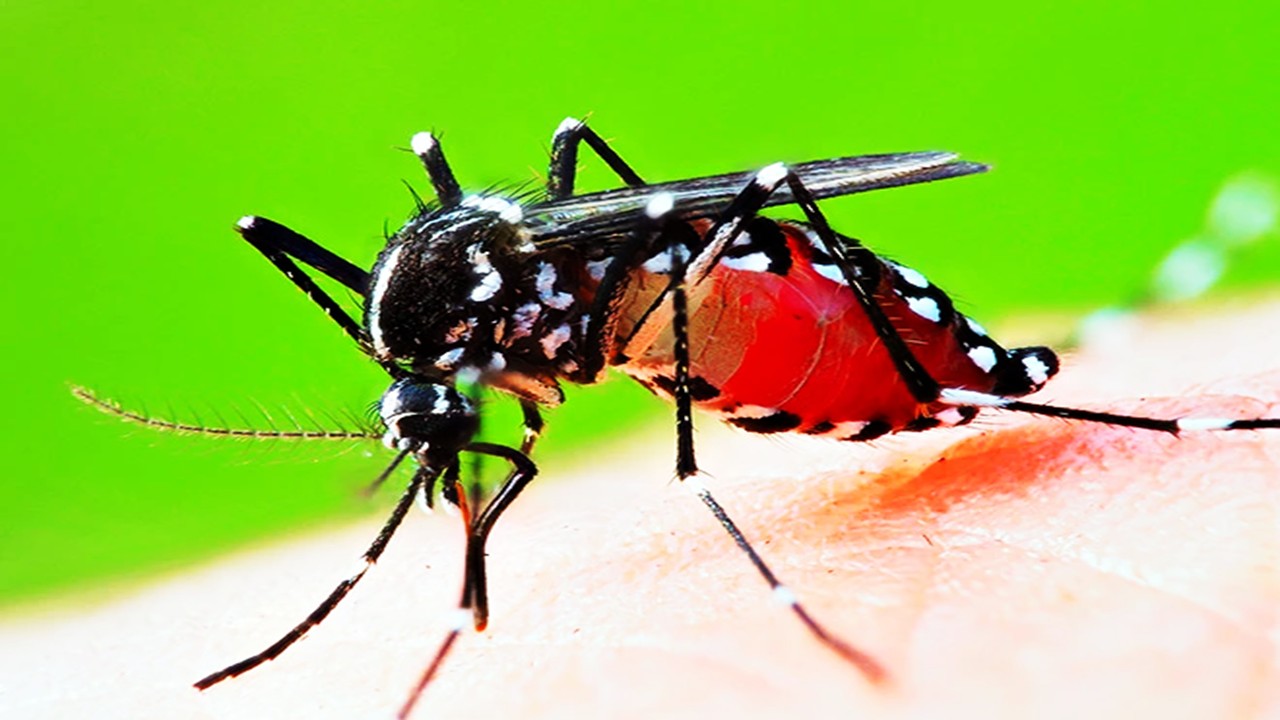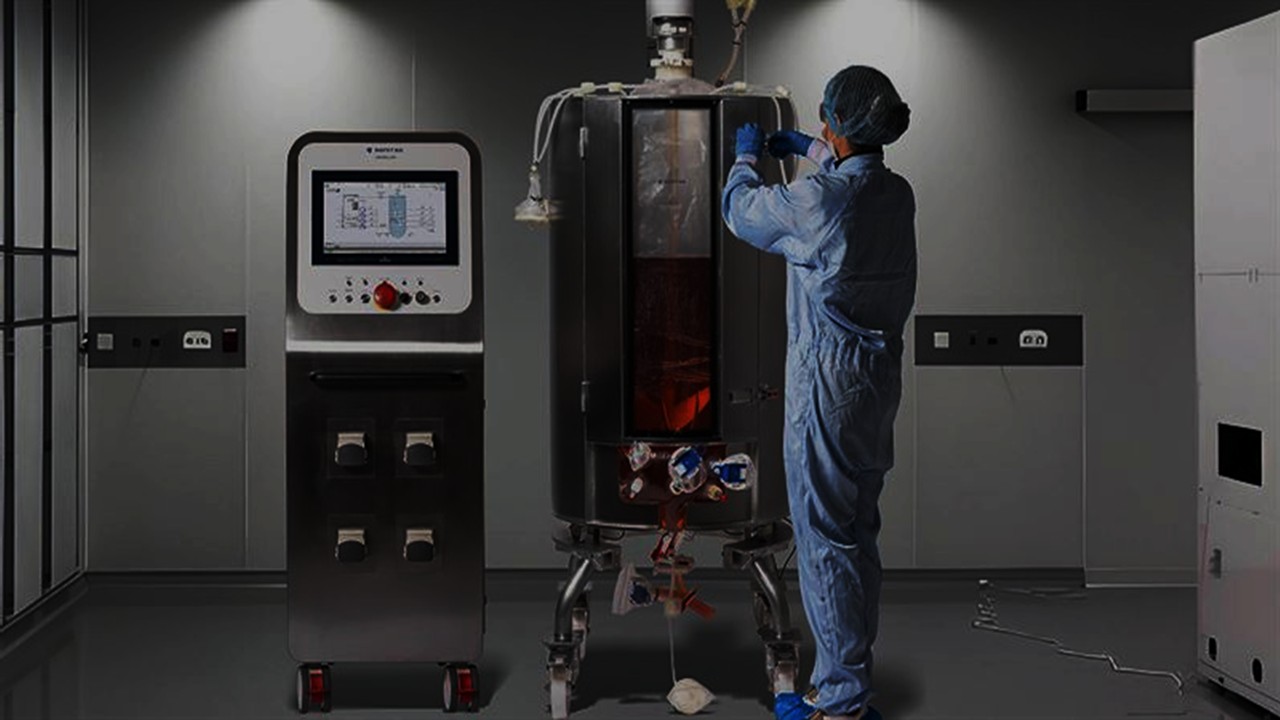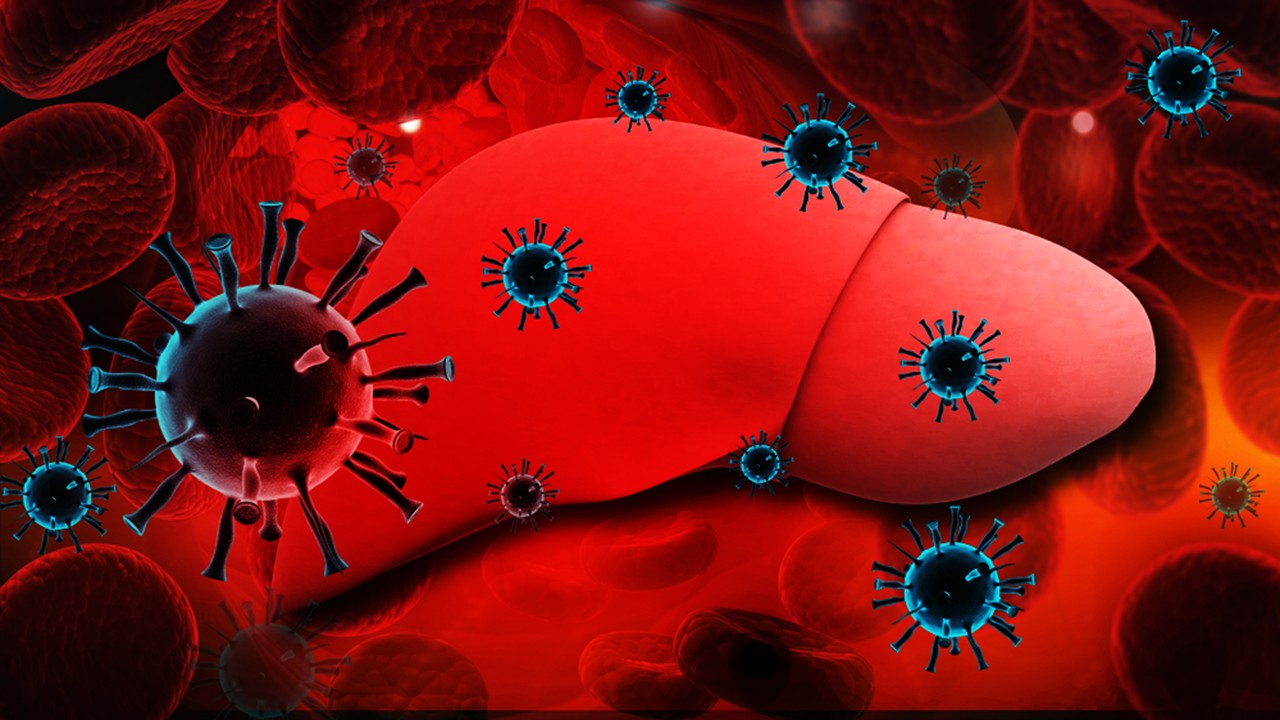It was recently announced that WuXi STA, a division of WuXi AppTec (OTCPK:WUXAY) (OTCPK:WUXIF), had signed a contract to produce the active pharmaceutical ingredient (API) for Pasithea Therapeutics Corp‘s macrocyclic, next-generation MEK Inhibitor, PAS-004, formerly CIP-137401. Pasithea (NASDAQ:KTTA) is a biotechnology company that focuses on the discovery, research, and development of novel treatments for Central Nervous System (CNS) disorders.
The company’s Investigational New Drug (IND) application with the U.S. will be supported by GMP manufacturing once the pre-clinical testing and animal toxicology investigations are finished. FDA, which is anticipated to be established in the second half of 2023.
With comprehensive knowledge and a proven track record for upholding international quality standards, WuXi STA is regarded as the market leader in “end-to-end” chemistry, manufacturing, and controls (CMC) services, for both API and final dosage forms.
The Molecule in Play
A tiny drug called PAS-004 allosterically inhibits MEK 1/2 in the Ras-Raf-MEK-ERK signaling pathway, which is essential for controlling a variety of biological processes such cytokinesis, longevity, propagation, and movement.
The fact that there are already MEK inhibitors on the market and in clinical trials for a variety of disorders shows how important it is to control MEK as a therapeutic target, yet these inhibitors have drawbacks. Since PAS-004 is macrocyclic, as opposed to other MEK inhibitors, it exhibits better drug-like qualities such superior pharmacokinetic, safety (tolerability), and potency profiles, which have promising potential advantages over other MEK inhibitors.
Large cyclic compounds known as macrocycles have the potential to improve oral bioavailability, metabolic stability, and potency. For more effective binding with medication target receptors, cyclization offers rigidity. In order to reduce metabolic liabilities and overcome the restricted availability and stability of well-known MEK inhibitors, PAS-004 was created. In order to support an IND application with the FDA, PAS-004 has successfully finished pre-clinical testing and animal toxicology studies that demonstrated its efficacy in a number of animal models. The FDA designated PAS-004 an orphan medication for the treatment of NF1.
Pasithea’s Latest Partner and its Parent Company
With global operations in Asia, North America, and Europe, WuXi STA, a division of WuXi AppTec, is a major pharmaceutical research and manufacturing capacity and technology platform firm serving the life sciences industry. WuXi STA is a leading Contract Research, Development, and Manufacturing Organization (CRDMO), providing its global partners with effective, adaptable, and high-quality solutions for integrated chemical, manufacturing, and controls (CMC) from preclinical to commercial uses. These solutions include the development and manufacturing of small molecules, oligonucleotides, peptides, and various complex chemical conjugates.
WuXi AppTec (pronounced Wu-shee) is a leading manufacturer of pharmaceuticals, biopharmaceuticals, and medical devices worldwide. Dr. Ge Li, an organic chemist who started WuXi in December 2000 in Shanghai, is the company’s creator. The current name was adopted after AppTec Laboratory Services Inc. was purchased by WuXi PharmaTech in 2008. The latter is a US-based business that was established in 2001 and has offices in St. Paul, Minnesota, Philadelphia, Pennsylvania, and Atlanta, Georgia. It specializes in testing medical devices and biologics.
The company’s five core businesses—small molecule research and development and manufacturing, biologics research and development and manufacturing, cell and gene therapy research and development and manufacturing, medical device testing, and molecular research and genomics—cover the entire development cycle.
Word from the Executives
In a brief statement, Dr. Tiago Reis Marques, CEO of Pasithea, expresses his pleasure at the opportunity to collaborate with WuXi STA, one of the biggest and most reputable Contract, Development, and Manufacturing Organizations (CDMOs) in the world. Marques underlines Pasithea’s continuous focus on PAS-004 development and anticipates the company’s IND submission and the start of its next-generation MEK inhibitor macrocyle’s Phase 1 clinical trial.
Pasithea believes that WuXi STA’s high-quality capabilities will help the company advance its medication candidate into the clinic because the latter has a track record of successfully manufacturing to FDA standards. According to Dr. Graeme Currie, Chief Development Officer of Pasithea, PAS-004 has already been given orphan drug status by the FDA for neurofibromatosis 1 and the business intends to start a phase 1 clinical trial in the second half of 2023.
About Pasithea Therapeutics Corp.
The biotechnology company called Pasithea Therapeutics is largely dedicated to the discovery, investigation, and development of novel therapies for illnesses of the central nervous system (CNS). Pasithea is creating new molecular entities for the treatment of neurological disorders like Amyotrophic Lateral Sclerosis (ALS), Multiple Sclerosis (MS), Neurofibromatosis type 1 (NF1), and Noonan syndrome with the help of an experienced team of professionals in the fields of neuroscience and psychopharmacology.
The company’s secondary operations focus on establishing anti-depression clinics across the UK and USA, using Pasithea’s trained pharmacists to administer intravenous infusions of Ketamine.
Subscribe
to get our
LATEST NEWS
Related Posts

Chemistry, Manufacturing & Controls
The Hydrogen Equation: Rewriting Chemical Manufacturing for a Cleaner Future
Clean hydrogen symbolizes more than low emissions—it represents a commitment to circularity, precision, and regenerative design.

Chemistry, Manufacturing & Controls
The Biomass Imperative: Nature’s Chemical Feedstock for a Post-Petroleum World
The transition from fossil to biomass feedstocks represents more than substitution—it’s a fundamental reimagining of chemical manufacturing’s first principles.
Read More Articles
Mini Organs, Major Breakthroughs: How Chemical Innovation and Organoids Are Transforming Drug Discovery
By merging chemical innovation with liver organoids and microfluidics, researchers are transforming drug discovery into a biologically precise, patient-informed, and toxicity-aware process.
Tetravalent Vaccines: The Power of Multivalent E Dimers on Liposomes to Eliminate Immune Interference in Dengue
For the first time, a dengue vaccine candidate has demonstrated the elusive trifecta of broad coverage, balanced immunity, and minimal enhancement risk,






